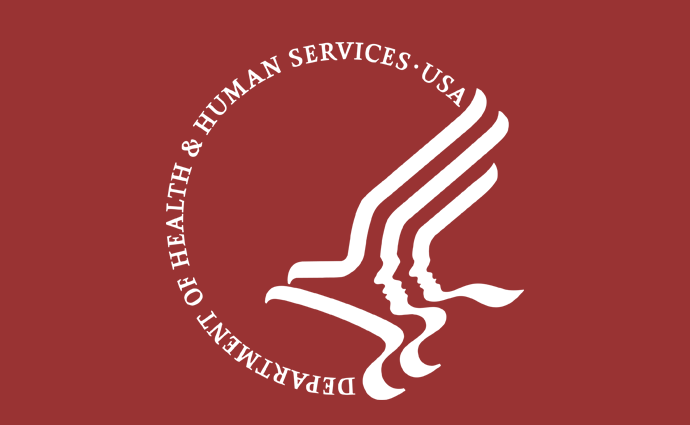HHS Allocates $60M to Address Rural Healthcare Workforce
The investment includes $46 million in American Rescue plan funding to strengthen the rural healthcare workforce through job development, training, and placement.

Source: HHS
- Many rural areas do not have a sufficient workforce supply that meets the needs of their community. Through the Health Resources and Services Administration (HRSA), HHS has invested nearly $6o million in grants to bolster the rural healthcare workforce.
Approximately one in five Americans live in a rural area, but only about 10 percent of the nation’s physicians are located there, research shows.
The lack of access to healthcare is of critical concern, especially as health disparities continue to grow for rural patients.
Between 1999 and 2021, health disparities between rural and urban areas have tripled, with rural residents experiencing higher rates of heart disease, respiratory disease, cancer, stroke, unintentional injury, and suicide.
“Among the most important steps we can take to improve access to healthcare in rural communities, including access to behavioral healthcare, is to invest in growing the rural healthcare workforce,” said HRSA Administrator Carole Johnson. “Today’s announcements are another important part of the Health Resources and Services Administration’s strategy to advance health equity for the nearly 65 million people who call rural areas home.”
Nearly $46 million provided through American Rescue Plan funding will support 31 community-based organizations to expand public health clinical and operational capacity in rural and tribal communities through workforce development, training, and placement.
This funding will also support hygienists, medical or dental assistants, community-based doulas, and other frontline healthcare workers, HHS stated.
Through the Rural Residency Planning and Development Program, the HHS awarded $9.7 million to 13 organizations to establish new medical residency programs that will increase the number of physicians training in rural settings.
A 2017 GAO report found that medical residents are unevenly distributed across the country, aggregating in urban and Northeast regions and creating further disparities for rural patients.
Additionally, 15 community-based organizations received $2.8 million through the Small Health Care Provider Quality Improvement Program. This funding aims to enhance care delivery and care quality throughout rural counties to improve patient health outcomes.
About $1 million through the Rural Veterans Health Access Program will strengthen patient care access for veterans living in rural communities.
The grants build off the Biden-Harris Administration’s commitment to improve patient outcomes and promote health equity in rural America.
“The Biden-Harris Administration is committed to ensuring all Americans have access to high-quality, affordable healthcare – no matter where anyone lives,” said HHS Secretary Xavier Becerra. “Thanks to the American Rescue Plan, we have significantly improved access to healthcare for the millions of families who live in rural America. Our work doesn’t stop here: with these funds, we can continue working to ensure rural communities have the support they need.”
In late 2021, HHS awarded $48 million to support healthcare job development, training, and placement for more than 30 community-based organizations to increase public health capacity in rural and tribal communities.
By providing workers with valuable and proper training, this program will deliver rural communities with a highly trained healthcare workforce that will improve the quality of care and service delivery to adequately address the population health needs of rural communities affected by COVID-19.
